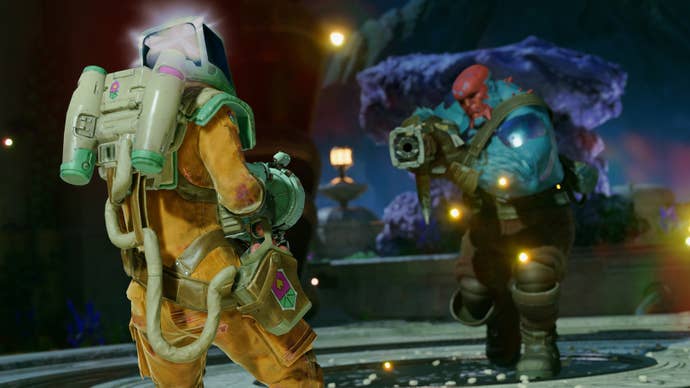The chief executive officer of PlayStation has stated that the company is taking action to reduce the effects of cancellations

Sony's PlayStation division seeks to reduce potential adverse effects from unsuccessful projects like Concord while fostering the development of new, successful intellectual properties, according to CEO Hermen Hulst.
“I want teams to be adventurous, but it's crucial that our failures occur rapidly and without significant costs,” Hulst conveyed to The Financial Times.
The company has implemented more stringent and frequent testing procedures. Hulst notes that failures have underscored the importance of meticulous oversight.
Instead of focusing largely on the number of releases, Hulst emphasized the need for PlayStation to offer varied experiences and build strong communities.
The aim is to develop intellectual properties that can evolve into multimedia franchises, similar to The Last of Us.
“Our IP creation process is deliberate. It’s about turning new concepts into iconic franchises that extend beyond gaming,” Hulst explained.
In November, Sony's president, Hiroki Totoki, mentioned that the company is "still learning" about live service games following Concord's underachievement.
Concord was removed from sale just two weeks post-launch due to poor performance, which eventually resulted in Firewalk Studios shutting down.
Totoki stated, "New IP outcomes are unpredictable until tested. We recognized the importance of engaging in more user testing and internal evaluations early on."
The organizational structure needed improvement across development and sales sectors, as per his view.
Sony's senior vice president of finance and investor relations, Sadahiko Hayakawa, shared that the company plans to disseminate insights from both successful and unsuccessful projects. The focus is on improving management of title development, expanding content, and enhancing ongoing services post-launch.